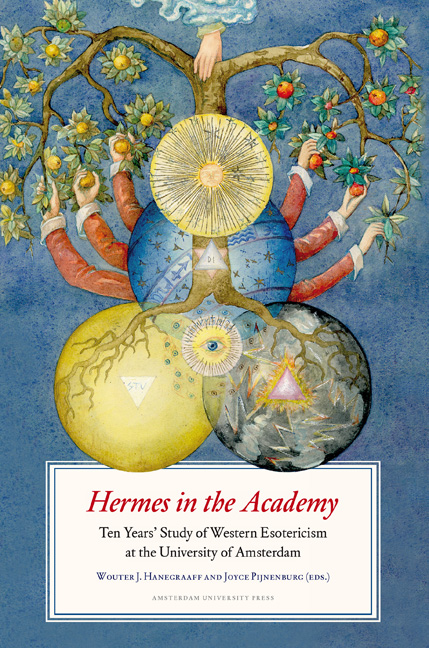If You Seek
Published online by Cambridge University Press: 20 January 2021
Summary
My story begins in a library. I was working on a retrospective cataloguing project and amidst the dust and bookworms of a forgotten collection of 19th-century texts, I discovered a large selection of pamphlets concerning unknown topics such as mesmerism, phrenology, and physiognomy. What were these arcane subjects? And why were so many people writing about them in the 19th century, the age of progress and reason? My curiosity led me down the rabbit hole. I emerged several months later in Amsterdam, enrolling in the MA in Mysticism and Western Esotericism. The first class set the tone: a discussion on the definition and significance of altered states of consciousness in Western religious history, enthusiastically led by Wouter Hanegraaff, and involving students from disciplines as disparate as neuropsychology, philosophy, and art history. This experience has continued throughout the different classes I have taken so far; excellently passionate teaching combined with a plurality of views from across the academic spectrum.
Despite the diversity of the program, I have maintained my focus. Through a tutorial specifically on Mesmerism and Parapsychology, my thesis on mesmerism and gender dynamics, and term papers on Franz Anton Mesmer, Eliphas Levi, and the Theosophical Society, I have elaborated upon my initial interest in occultist and fringe-scientific trends in the 18th and 19th centuries. This research reveals that the stereotype of modernity – as rational, irreligious, progressive – was a construction of the present projected onto the past. The ideas of Darwin coexisted with those of Mesmer; the groups that pursued social justice also partook in ritual magic. The past is as contradictory and messy as the present; making sense of both leads to gnosis.
What has impressed me most about my time at GHF is the sense of being included in a professional academic community. The level of discussion in seminars is set at a serious scholarly level, and participation enables you to refine and reject arguments in order to gain an understanding of the subjects. The faculty members are amazingly supportive of one's academic career, not only through critical feedback but through organizing specialized tutorials, encouraging conference participation, and suggesting possible publications.
- Type
- Chapter
- Information
- Hermes in the Academy , pp. 113 - 114Publisher: Amsterdam University PressPrint publication year: 2009



